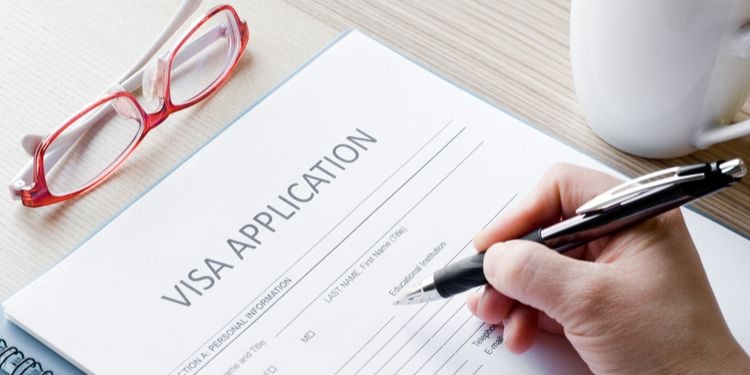Ask yourself some basic questions

Congratulations on your new job abroad! You're probably excited about seizing this once in a lifetime professional opportunity that's allowing you to fulfil your dreams, especially if you're looking to discover new cultures and enjoy a higher standard of living. However, don't let yourself get carried away before assessing thoroughly the pros and cons of moving. Are you taking your family with you? Besides your salary, does the potential employer provide assistance to trailing spouses or does it take charge of your children's schooling? Is accommodation included in your expat package? In case you have to look for housing, will the proposed salary be enough to pay rent – taking into account the cost of living? Also, are you being offered an expat package or a local contract? Before you take the leap of faith, answering all these questions is crucial for a thriving international career.
Assess your profile and expectations

To fulfil your dreams, updating your resume, responding to job ads and sending spontaneous job applications isn't enough. In many countries, employers are required to justify the recruitment of foreign professionals by proving that the expertise needed is not available locally., so you have to be a real asset for the company. Keep in mind that competition is fierce within the global labour market. What makes you the ideal candidate? Do you have any particular skills that others don't have? In general, companies are keener to hire candidates with prior experience in working abroad and a good command of one or more foreign languages, but it shouldn't discourage you in trying your luck. However, make sure that your degrees are, and skills are recognised locally, and they match with local requirements and your employer's expectations. Also, inquire whether there are opportunities for evolution within the company or in the targeted field.
Take charge of formalities

Unless you're a European national looking to work within the European Union or the European Economic Area, you will probably need a work visa, or work or resident permit. In some countries, obtaining such a permit might be the employer's responsibility, but that doesn't mean that you should sit there and do nothing. Be proactive and inquire on relating formalities and documents you will need. Contact the potential employer by email or by phone to discuss the different steps, keeping in mind that all this takes time and involves costs. In case the company isn't showing its willingness to take charge of formalities, maybe you should just look elsewhere. You should also be aware of any conditions and formalities if you were to resign from your position, including the prior notice period. Even if you've already subscribed for international health insurance, make sure that you're entitled to any health or social benefits.
Research about the corporate culture

To avoid being disappointed, start researching about your host country's corporate culture before you move. The Internet is your best friend in this regard. If you have friends or contacts on the spot, feel free to ask them any questions that you might have. Some the key issues you should be aware of are the corporate dress code, ethics, professional relationships, working hours, the number of paid leaves, and things you should not do, like kissing on the cheeks, taking a lot of tea or coffee breaks, having lunch at your desk, etc. Otherwise, have a look at Expat forums where you can find the answers to most of your questions. Expat blogs are another helpful tool as most of them have tips on working abroad. If you don't know the local language yet, consider taking language courses which will not only help at work but also make your integration easier. Suppose you've been offered an HR position in a big company, but you're not able to communicate with the staff! Keep in mind that regardless of the type and size of the company, you will be interacting with people from different backgrounds, so you should make an effort.
Inquire on taxation and other administrative procedures

If you're moving abroad for work, taxes will be one of your main concerns, unless if you're moving to a Middle East country where there's practically no income tax. Start by inquiring whether your host country has signed any non-double taxation agreement with your home country. Check the tax conditions and requirements as well, and the different salary scales they apply to. In some countries, tax is deducted at source and in others, you have to file a tax return and pay income tax yourself. Besides, opening a bank account will be helpful in receiving your salary, carry out regular transactions and get a credit card. You might need to prove your credit history via bank statements, or a reference letter from your previous bank, so make sure to have them ready. However, it doesn't mean that you should close your existing bank account, keeping in mind that you could be moving back upon termination of your working contract.
















